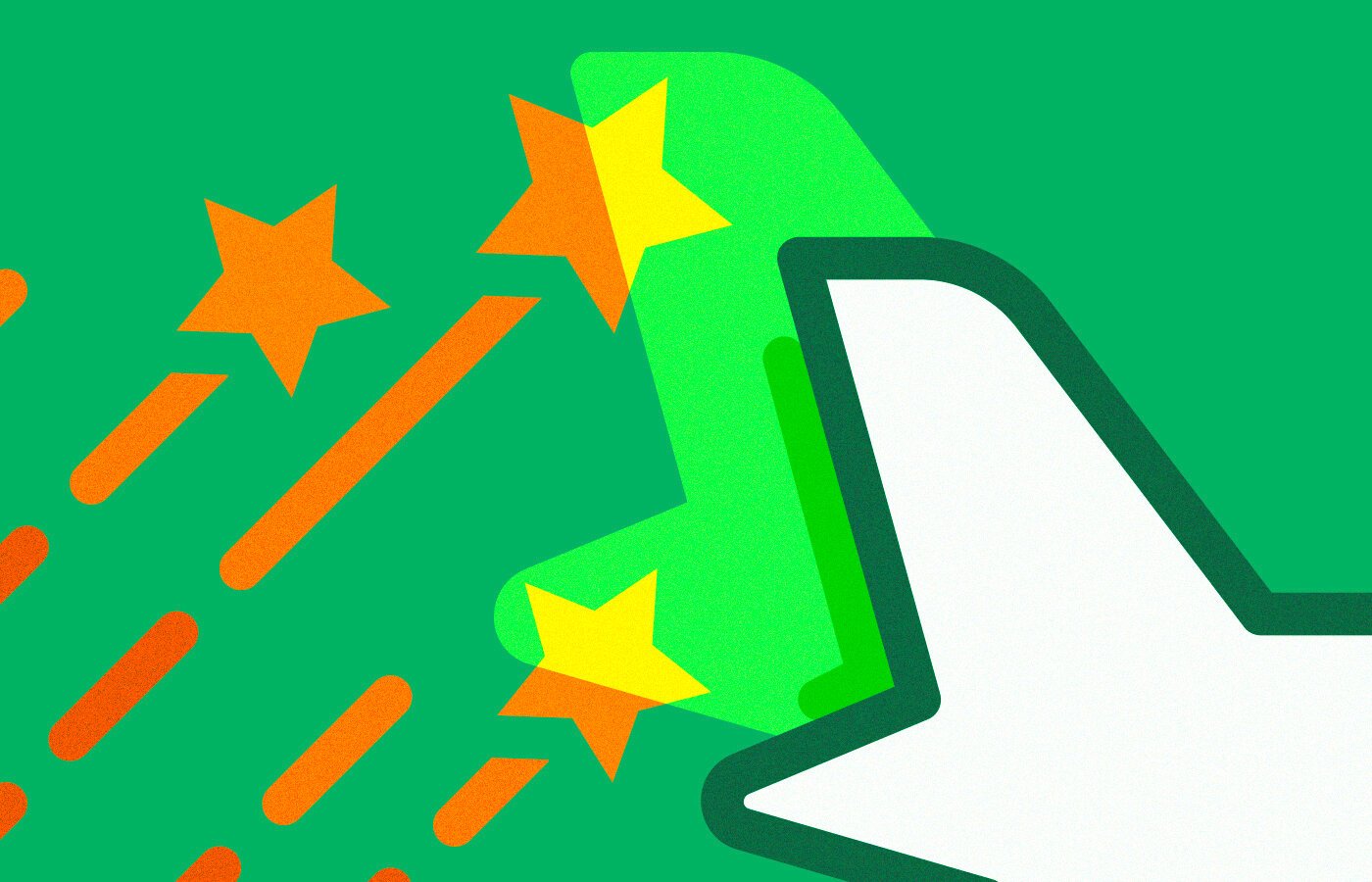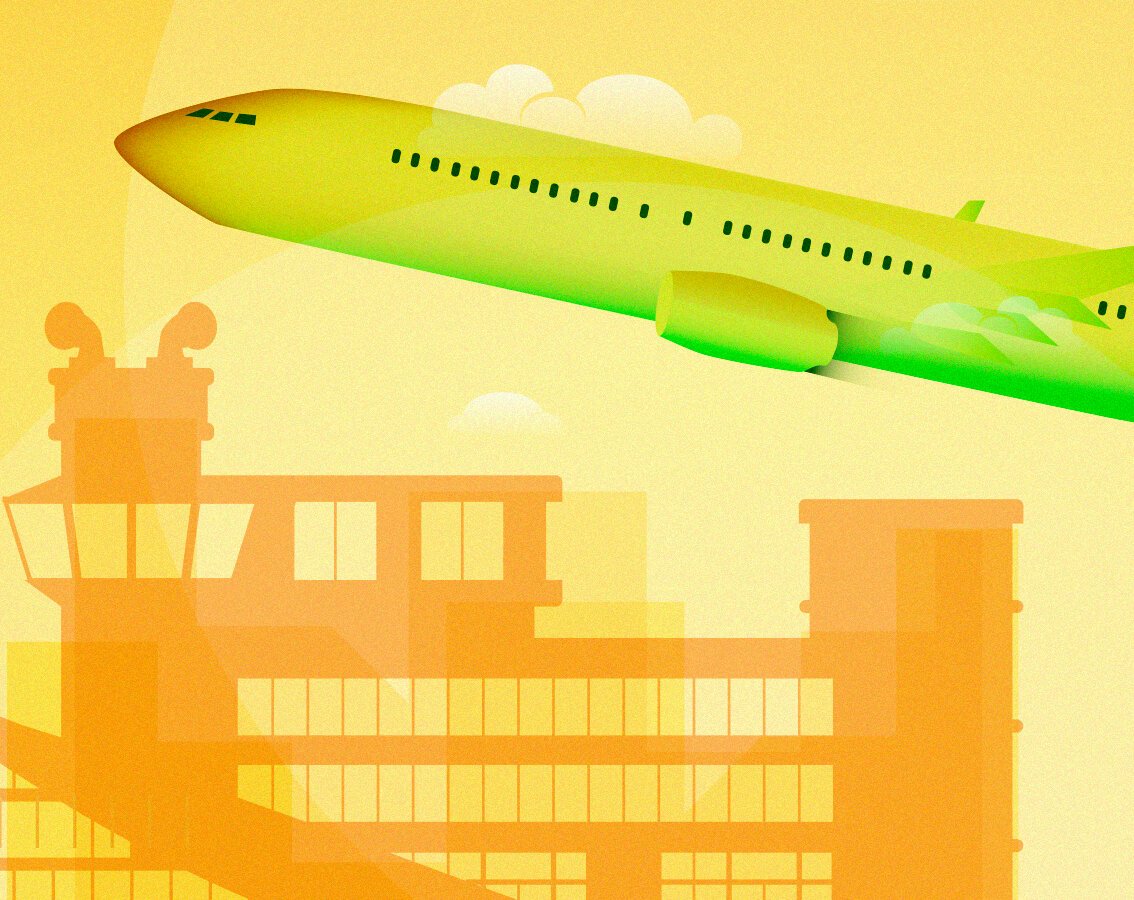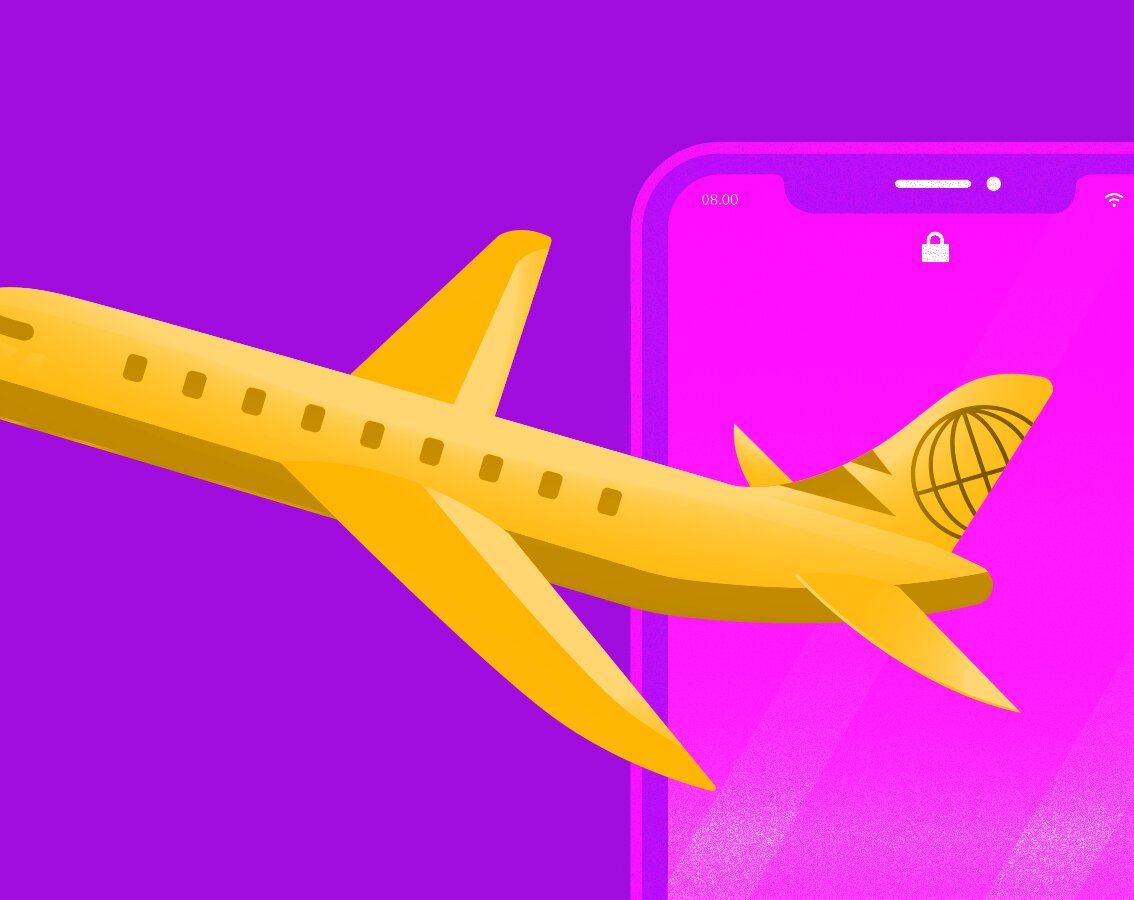blog
Digital Transformation Is Making Airlines More Customer-Centric
By Mohan S Software development Digital transformation Airport Big Data November 16, 2022

In times of extensive information and technology at the tips of the customers, most big companies realize that staying focused on their brand or marketing strategies is not going to be the only effective way forward. They need to have an excellent customer-centric approach as well.
Out of all the industries involved, the hospitality business is the one experiencing constant change in customer expectations. The airline industry is becoming one of the most difficult businesses going through extreme change frequently. To keep up with these changes, Airlines have to think out of the box. It is time to make customer-centric approaches their main focus.
To make this happen, Airlines have to make customer satisfaction a priority while keeping the passengers' journey convenient and smooth.
Provide speed, flexibility, and personalization
Data is the key to digital transformation. It’s the most reliable source to determine the needs of the customers at any given point in the journey. It can help us prepare custom solutions to the customer's problems, which will eventually drive more profit through customer satisfaction.
2019 saw a drastic change in the travel industry with the arrival of the pandemic. The airline business was the most hurt among other industries. Traveling was halted and customers' expectations once the tightly secured flights resumed quickly transformed. Airlines had to compete with all their might to be safe while also providing comfort and convenience. Adapting to these times filled with distress confirmed that the industry stayed functioning and achieved its revenue back.
IT facilitates the needed architecture for planning long-term strategies for better operations, resulting in custom solutions that are served with speed. For example: If a flight has more vegetarian customers, data helps in recognizing these statistics before time and makes sure the airline prepares in advance to provide plant-based options to its customers.
Checking the arrival of customers' baggage at the right-numbered carousel is also a process made swift through the use of data. The information collected from the passengers as data elevates a traveling experience from a guessing game to smooth and intuitive.
Employing AI Chatbots for Booking and Rebooking
IT adaptation and digitization are taking place all over the world and the airline industry is not excluded from it. Businesses all over the globe are learning to innovate through technology and data provided to them. Airlines are also coming up with better solutions and services revolving around their customers' needs through Artificial intelligence and Chatbots.
Innovation is a process that happens on the go in the airline industry. American Airlines has redefined its customer experience by launching its Dynamic rebooking app which collects data from their customer with consent and helps them rebook their flights at their convenience and preference, in case of flight cancellations due to unforeseen circumstances.
Cloud solutions like Google Cloud have helped airlines such as AirAsia and Malaysian Airlines to communicate with their customer base, to improve their customer experience through the help of chatbots.
Using Analytics & Predictive Data to Enhance customer loyalty
Once you have had a happy customer how do you make sure they stay loyal? This is where customer reward programs come in. These rewards are based on the data collected and processed by machine learning. The rewards are custom-tailored and then offered to loyal returning customers so that they choose your airline every time.
Programs such as the Frequent flier program are decisive in determining an airline's benefits from their returning customers. In the era of high-rising costs and cutthroat competition, such programs actually enable airlines to monetize through the information they gather from a returning customer.
Airlines offer Frequent flier points that can be redeemed by the customer upon return. These points are provided in collaboration with their credit card companies, assuring them that they can reap benefits by paying cash and using the services of the airline in the present and getting rewarded with these points that can help them find cheaper tickets or priority seatings in the future. Customers usually are enticed by the reward. In many cases, they don't end up using these points which means definite profit for the said airline.
Through this trade all three parties involved may benefit from the collaboration:
Airlines receive cash upfront so they can invest this money for an immediate profit.
Credit card companies receive more business and customers.
Customers can avail the benefits offered by the Airline through their credit cards.
Loyalty programs help accumulate data from customers and this eventually helps airlines predict the behavioral pattern of a customer. They can then use this information to market their businesses beyond the airline industry as well.
Data provides a definite pattern in returning customers. If these customers use car rental services? Do they have insurance? What kind of hotels do they prefer to stay in? Where do they usually prefer to shop? Airlines can use this data to better market the offers and services related to it to the customer at the time of travel.
Airlines such as Qantas from Australia are actively planning to use such data to generate millions by distributing it to their coalition partners. This simply means that loyalty programs aren't restricted to better customer experiences but are also profitable beyond the airline business as well.


